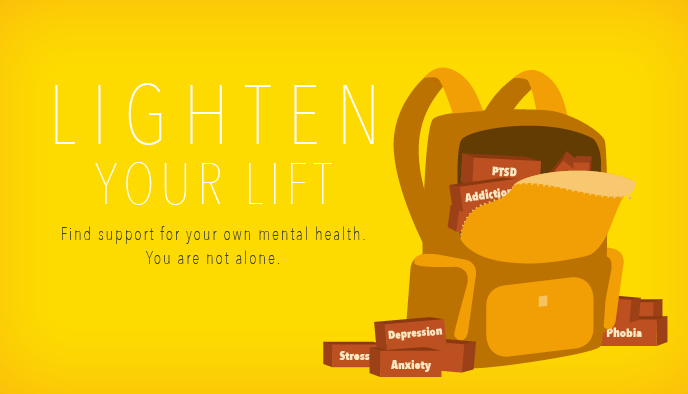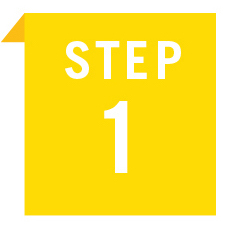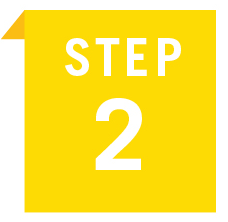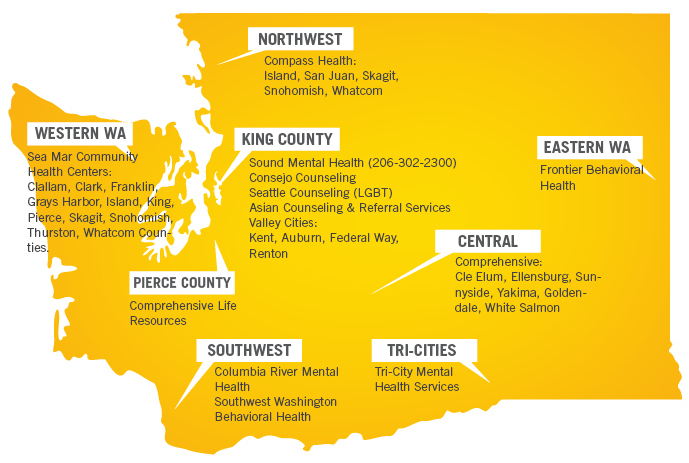Lighten Your Lift: Find Support for Your Mental Health
You are not alone.
Mental health is just as important to your overall health as physical health, although many people don’t think of it that way. As a Home Care Aide, you know the importance of staying healthy. You know about preventive health visits, dental care and the importance of good nutrition and being active. But when you think about staying healthy, is your mental health part of the equation?
Mental health is just as important to your overall health as physical health, although many people don’t think of it that way. In fact, according to the federal Office of Disease Prevention and Health Promotion, “Mental health plays a major role in people’s ability to maintain good physical health. Illnesses, such as depression and anxiety, affect people’s ability to participate in health-promoting behaviors. In turn, problems with physical health, such as chronic diseases, can have a serious impact on mental health and decrease a person’s ability to participate in treatment and recovery.”
So why do so few of us take our mental health seriously? While stigma and lack of knowledge can be part of it, many people don’t know that help is available to them. Mental health support and treatment is now required by all insurance carriers, due to changes brought by the Affordable Care Act (ACA).
For those receiving care through Apple Health or the Washington Health Benefit Exchange, Sound Mental Health is one of the largest mental health providers in the Puget Sound region. Steve McLean, director of communications, says, “Because of the ACA and Apple Health, many who could not afford quality mental health care previously, now have many resources available.”
For members of the Health Benefits Trust, mental health care and treatment is a key part of the benefits that members receive. For Health Benefits Trust members, mental health care and treatment can look like a number of things:
• One-on-one therapy with a mental health counselor
• Medication
• Psychiatric care
• Group therapy
• Support from your Primary Care Provider
Often, the first step to getting care is talking to your Primary Care Provider. Let them know you would like to access your mental health benefits and that you are aware of the different options available to you. With your input and preferences, they can help guide you to the care that is best for you. Sarah Stuckey, a Group Health behavioral health expert, says one of the biggest challenges for anyone seeking out mental health help is the stigma or stereotypes they perceive as being associated with it. “[People worry about] how people are going to see them, especially when the issues are around substance abuse.”
The second biggest hurdle is trust – they are hesitant to share personal feelings with people they don’t know. “They say, ‘People don’t know me, they’re not going to understand,’” Stuckey says.
Stuckey says that changes in how people behave and trouble sleeping are a couple of the most common signs that something might be amiss and that it may be time to seek a mental health expert to talk with. Other signs include increased irritability, more anger than usual, and decreased hunger or overeating.
Health Benefits Trust Members Steps to Finding Help.
Your insurance includes mental health and chemical dependency services. Your copay for one-on-one mental health visits is $15.
Make an appointment with your Primary Care Provider (PCP) to talk about your concerns and hear options available to you.
Or call Group Health Behavioral Services directly (1-888-287-2680) to get a personalized screening and determine the best next steps for you. Making this call can be the hardest step. But know that it is the first step on your road to a happier, healthy life.
Start meeting with your new mental health professional or support group. It is OK to feel nervous at your first session. A counselor, for example, is on your side, there to listen to your concerns, and suggest tools, ideas, and resources for your work and personal life.
Make the Call Today:
Goup Health members:
- First time appointments: call 1-888-287-2680 or 206-901-6300
- Urgent or crisis care, call the Consulting Nurse Service: 1-800-297-6877
Kaiser Permanente members:
- Call, e-mail, or schedule online with your doctor
- Call for therapy and counseling services:
- Vancouver: 360-571-3133
- Longview: 360-575-4821
Call 911 if you or a friend show any signs of self harm.
You can also call the 24-hour Washington Recovery Help Line at 1-866-789-1511.
If you’re insured through Medicaid or the Affordable Care Act
Here are a few mental health organizations around the state. Many are Medicaid-eligible or covered by insurance.







